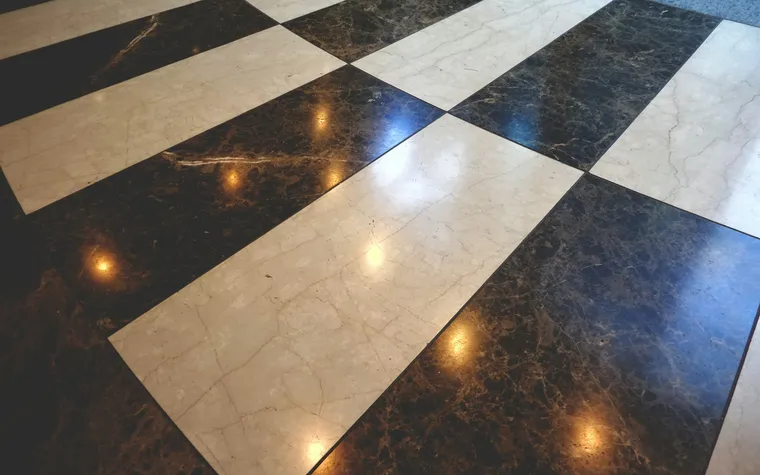This flooring system is created by combining resin and hardener to form a tough, seamless surface. Whether in garages, warehouses, or living rooms, epoxy flooring offers a long-lasting solution that withstands wear and tear.
In addition to its durability, epoxy flooring is highly customizable, available in various colors, patterns, and finishes. Its resistance to stains, chemicals, and moisture makes it an excellent choice for areas with heavy foot traffic or exposure to harsh conditions, blending practicality with style.
What is Epoxy Flooring?
Epoxy flooring is a type of surface coating made from a mixture of resin and hardener. Once applied, this combination chemically bonds to form a rigid plastic material. The result is a durable, seamless surface that adheres to concrete, wood, or metal substrates, providing strength and protection.
Benefits of Epoxy Flooring
Epoxy flooring offers numerous advantages that make it a preferred choice for many applications:
1. Durability
Epoxy flooring is incredibly tough and resistant to heavy impact, making it suitable for high-traffic areas or spaces where heavy machinery is used.
2. Low Maintenance
The smooth, seamless surface of epoxy flooring is easy to clean and maintain. Spills, dirt, and stains can be quickly wiped away, keeping the floor looking pristine.
3. Chemical Resistance
Epoxy flooring is resistant to chemicals, oils, and other substances, making it ideal for industrial and commercial environments where such exposure is common.
4. Aesthetic Appeal
Available in a wide range of colors, patterns, and finishes, epoxy flooring can be customized to match any aesthetic. From sleek metallic looks to practical anti-slip textures, the design possibilities are endless..
Types of Epoxy Flooring
Different types of epoxy flooring are available to cater to specific needs:
1. Self-Leveling Epoxy
Ideal for uneven surfaces, self-leveling epoxy provides a smooth, even finish. It’s commonly used in warehouses, kitchens, and hospitals.
2. Epoxy Mortar Flooring
This type is highly durable and suitable for heavy-duty environments, such as factories and industrial facilities.
3. Quartz-Filled Epoxy
Quartz-filled epoxy combines epoxy resin with colored quartz grains for a decorative, slip-resistant surface. It’s often used in locker rooms, restrooms, and other wet areas.
4. Metallic Epoxy
Metallic epoxy creates a high-gloss, reflective surface with unique patterns. This option is popular in modern residential and commercial spaces for its luxurious appearance.
Installation Process
The installation of epoxy flooring involves several steps to ensure a durable and seamless finish:
- Surface Preparation: The existing surface must be cleaned, repaired, and prepped to ensure proper adhesion.
- Primer Application: A primer is applied to enhance the bond between the substrate and the epoxy coating.
- Epoxy Application: The resin and hardener mixture is applied in layers, with each layer allowed to cure before the next is added.
- Topcoat: A protective topcoat is applied to enhance durability and resistance to wear.
Conclusion
Epoxy flooring is a versatile, durable, and attractive solution for residential, commercial, and industrial spaces. Its strength, resistance to wear, and customization options make it a standout choice for those seeking long-lasting flooring. By understanding the types, benefits, and maintenance requirements, you can decide if epoxy flooring is the right option for your needs.

